Burns Night 2020
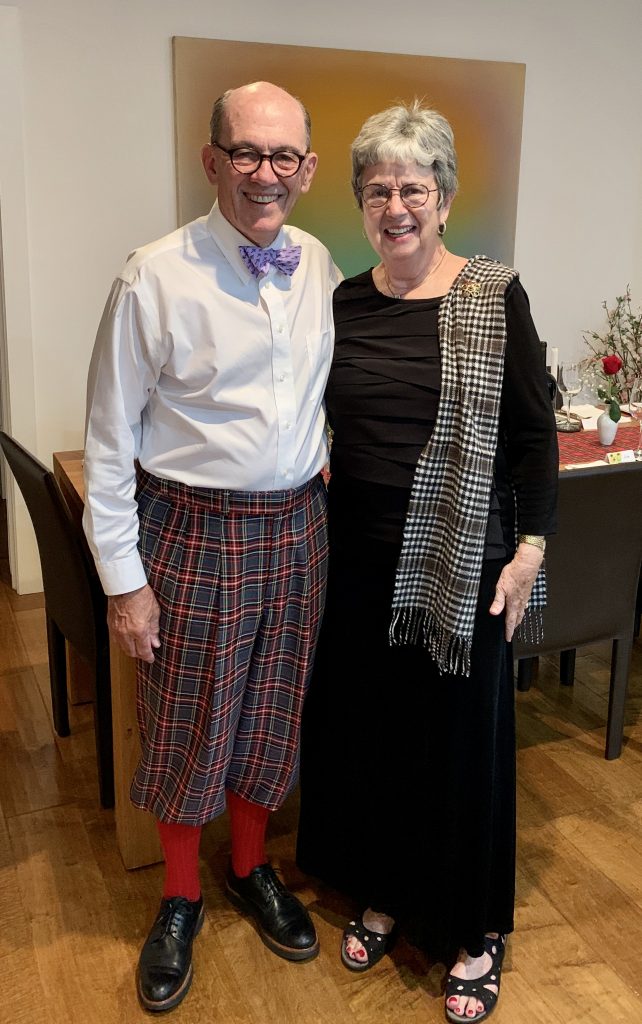 Five years ago, Steve and I attended a fabulous, fancy celebration of Robert Burns’ 256th birthday in Beaufort SC. This year, on January 25, we honored his 261st birthday more simply at home. We imported haggis and other items from the Scottish Gourmet in Greensboro NC and had plenty of single malt whisky on hand. Steve devised the program and wrote a summary of Burns’ life. I planned the menu and the music, and set the table with Scottish golf course placemats. We invited three other couples, who enthusiastically contributed their talents.
Five years ago, Steve and I attended a fabulous, fancy celebration of Robert Burns’ 256th birthday in Beaufort SC. This year, on January 25, we honored his 261st birthday more simply at home. We imported haggis and other items from the Scottish Gourmet in Greensboro NC and had plenty of single malt whisky on hand. Steve devised the program and wrote a summary of Burns’ life. I planned the menu and the music, and set the table with Scottish golf course placemats. We invited three other couples, who enthusiastically contributed their talents.
Steve spoke about Burns’ legacy. “As William Shakespeare is England’s national bard, so Robert Burns is Scotland’s. He was born January 25, 1759 into a poor Ayrshire farming family. He was the oldest of seven children and worked on the farm from a very early age. But his parents believed in education and somehow, found the means to send Robert to school and hire a private tutor for him.” This 2014 photo I took at the Burns Museum in Alloway shows his report card at age six.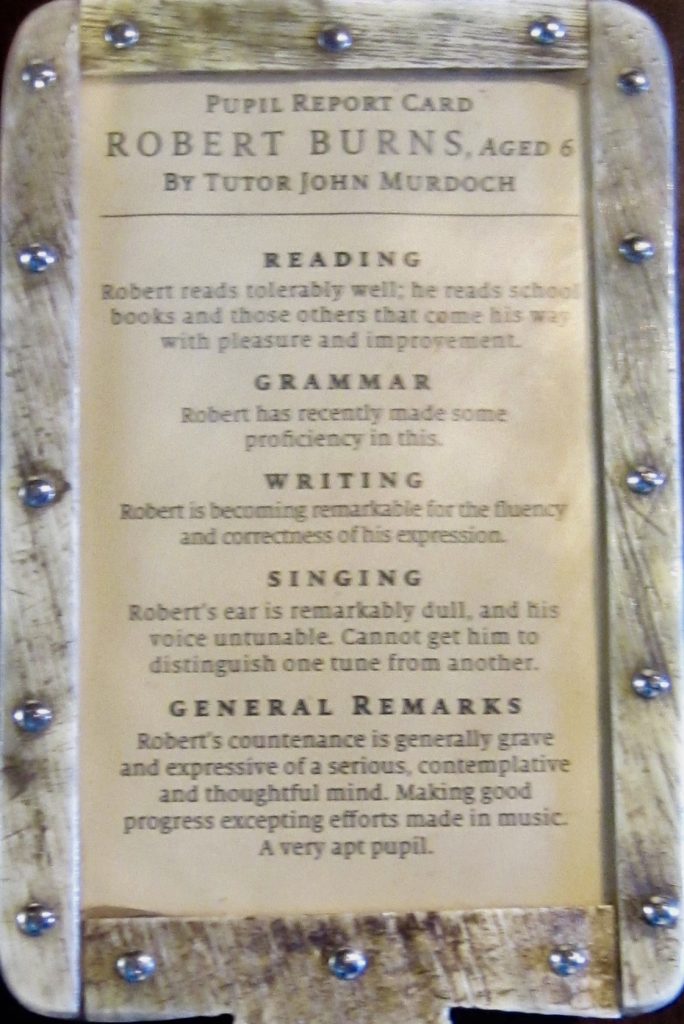
Steve continued:
Burns wrote his first love poem when he was fifteen, to a farmer’s daughter from Dalrymple. It was the beginning of his life-long love of women and his celebration of them in poetry. The handsome, charismatic poet enjoyed the company of women, fathering over a dozen children in his 37 years. He especially liked women who had valuable insights and strong opinions, conducting a life-long correspondence with a well-to-do Ayrshire widow who admired his poems.
His poems touched on themes of injustice, hypocrisy, the hard life of the countryman, radicalism, anticlericalism, sexuality, gender roles, Scottish cultural identity and man’s inhumanity to his fellow man. He wrote scathing satires and tender love songs in a direct, playful, yet sympathetic voice that spoke to people of all walks of life.
Burns died in Dumfries of rheumatic fever on July 21, 1796, the same day his wife, Jean Armour, gave birth to their ninth child. Burns’ genius was only widely recognized after his death. Burns wrote few poems in proper English, finding his true voice in the everyday speech of Scots. His words reached far beyond his native Scotland and continue to resonate today.
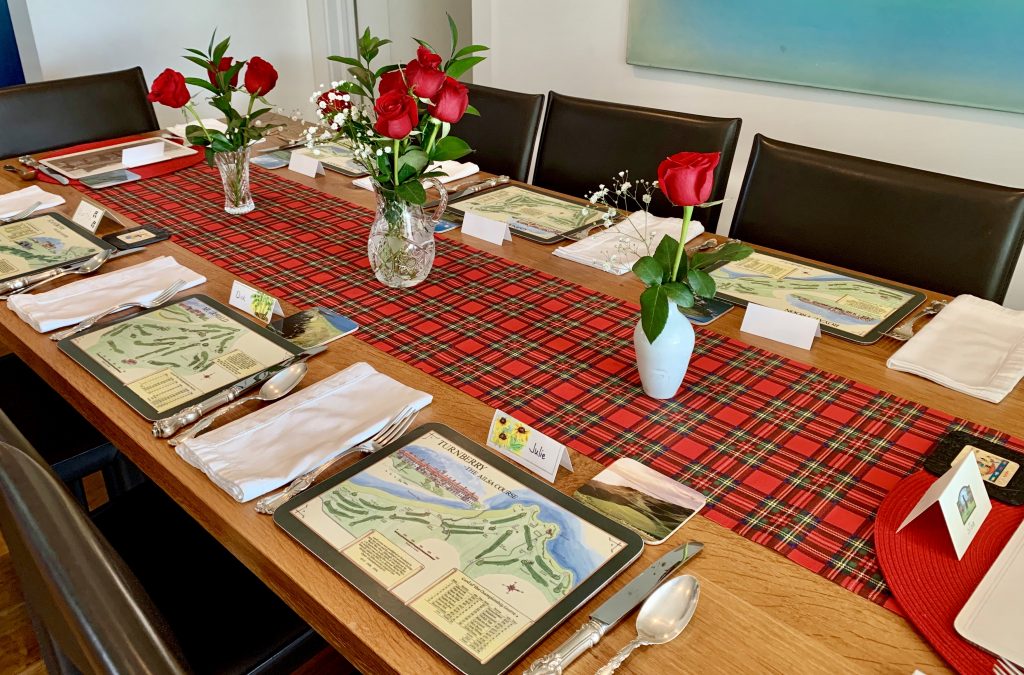 We began our supper with the Selkirk Grace, as inscribed on a platter brought by Scottish friends to the 2015 celebration in South Carolina:
We began our supper with the Selkirk Grace, as inscribed on a platter brought by Scottish friends to the 2015 celebration in South Carolina:
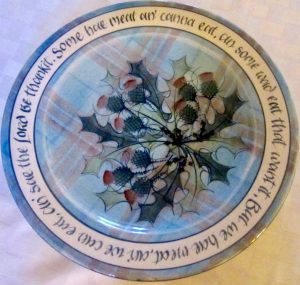 Some hae meat and canna eat
Some hae meat and canna eat
And some wad eat that want it
But we hae meat and we can eat
And sae the Lord be thankit!
Our first course was Haggis Shots & Crisps, accompanied by excerpts from Burns’ “Address to a Haggis.” Next came Cock-a-Leekie Soup, Traditional Scottish Beef Pies, Neeps & Tatties, and Roasted Brussels Sprouts. For dessert, we had Scottish Shortbreads and Whisky Truffles.
After dinner, we continued to talk about “Rabbie” Burns. One guest had done her own research:
Burns in his poetry embraced all of humanity. The Chinese claimed him as their own, as have the French, Germans, Italians, Austrians, Russians, and Americans. His sympathies were for the poor, the oppressed and the animal kingdom–the mouse, the mare, the hare. He hated all manner of cruelty, oppression, and the arrogance of privilege and wealth. Above all he wrote for those who know that “The heart ay’s the part ay that makes us right or wrong.”
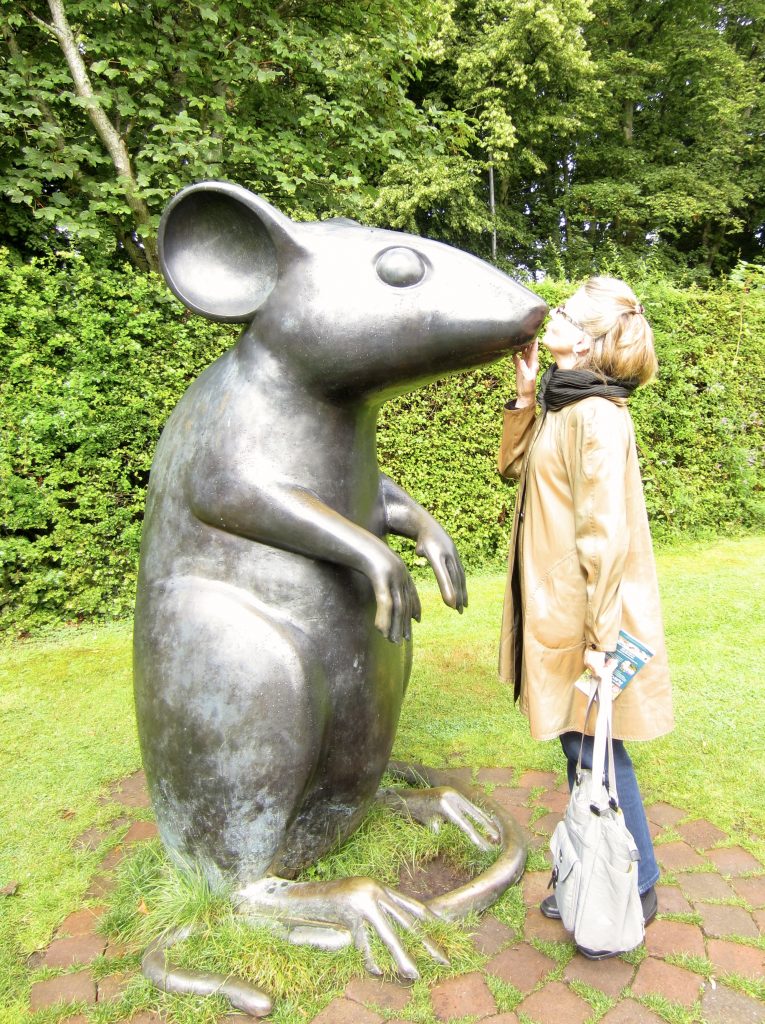
Guests recited poems by Robert Burns that Steve had sent in advance: Flow Gently, Sweet Afton; My Heart’s in the Highlands; and A Man’s a Man for A’ That. Others presented songs I rehearsed with fellow Chorus members: My Love is Like a Red, Red Rose and Ye Banks & Braes. We all joined together to sing Auld Lang Syne, led by a resonant bass voice. One guest gave everyone homemade shortbread cookies. Steve made sure each woman went home with a red, red rose! 
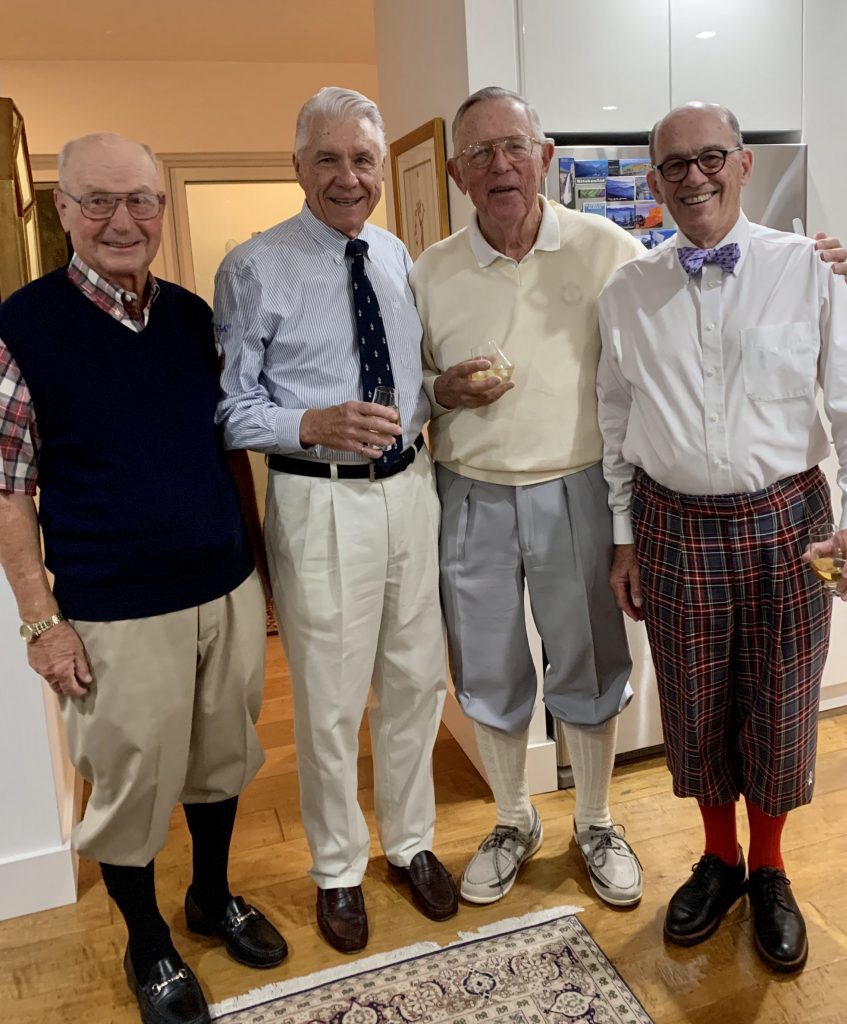
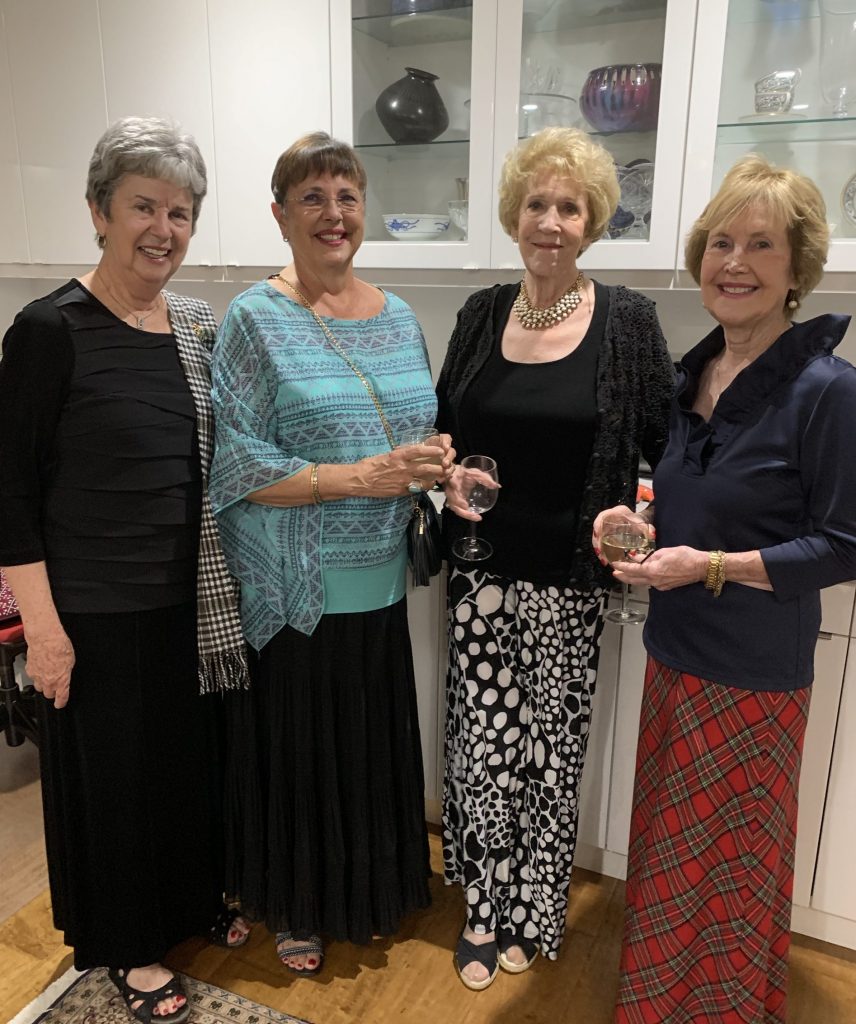
Leave a Reply